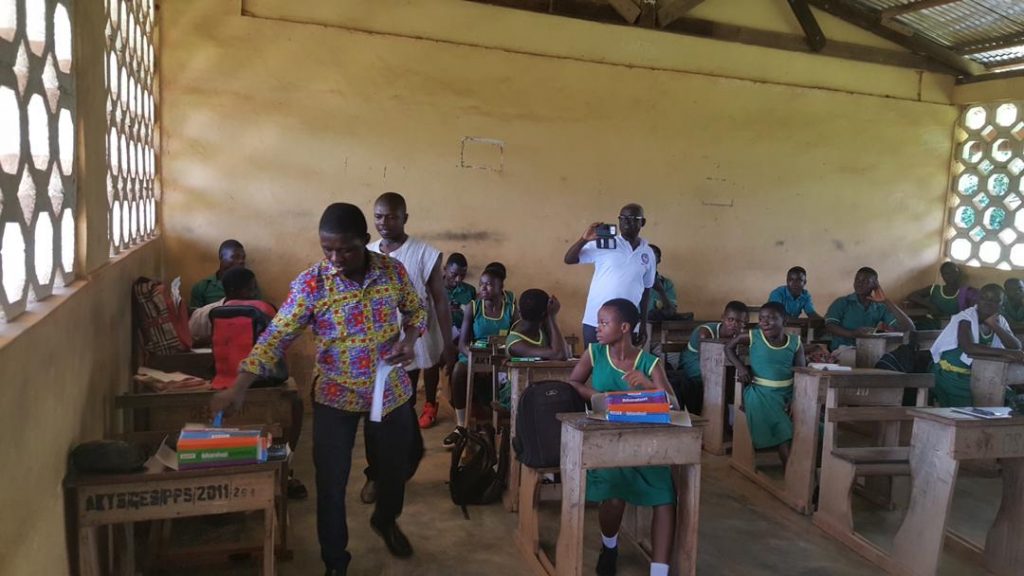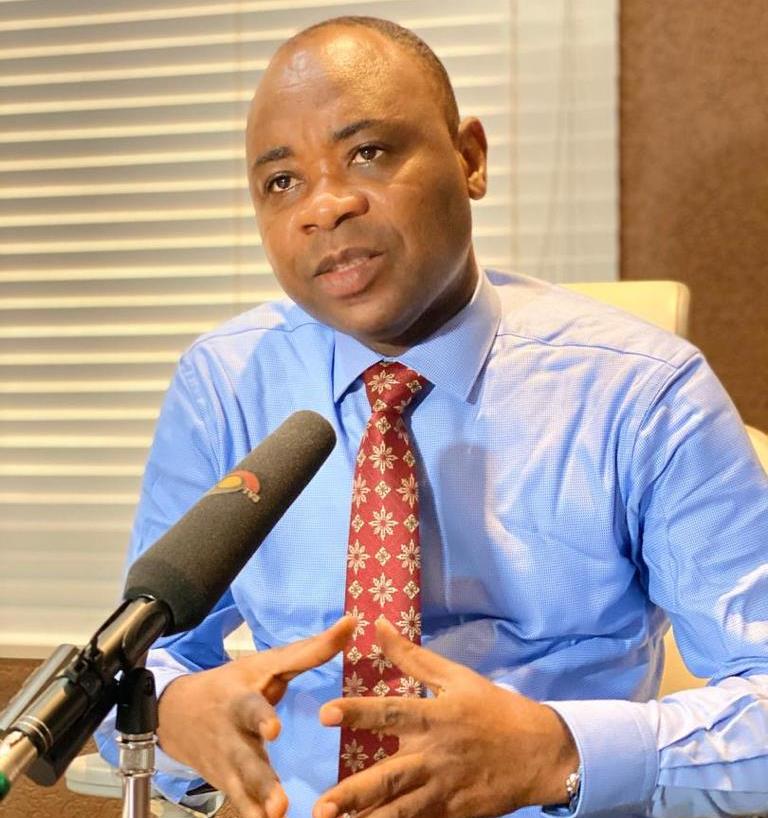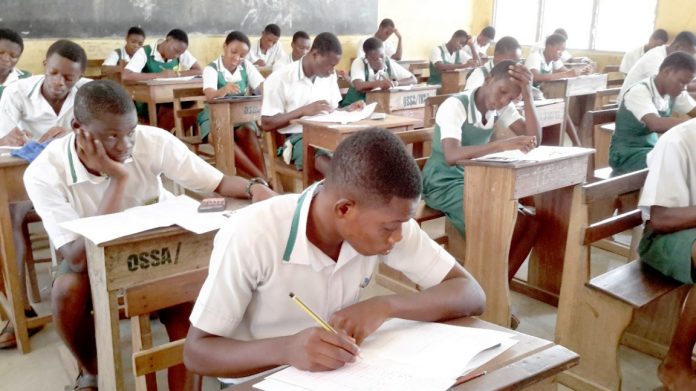|
Getting your Trinity Audio player ready...
|
The sudden invasion of the Coronavirus disease has in the last four months become the topical issue on global discussion table with it impact being felt by all nations in the world.
Since December, last year, when the virus first broke out in China, it has spread throughout the world and brought almost every human activity to a sudden halt. Powerful nations, including the United States of America, UK and those within the European Union have been hit hard as they continue to struggle to contain the pandemic brought by COVID-19. Global statistics currently shows that more than 1 million people have been infected worldwide by the virus with the global death toll hovering around 70,000 plus.
Although the situation in Africa is a bit better compared to the rest of the world, the impact of COVID-19 in the global community has heavily affected almost everything in Africa. The single largest quarantine recorded in history is underway as we speak with approximately a third of current world population under some type of lockdown as part of strategy to curtail the situation.

In Ghana, the country currently has recorded about 280 cases with a recovery rate of 31 people and five deaths. To combat the spread of the virus and protect citizens, the President of the Republic, Mr. President, Nana Addo Danquah Akuffo Addo, issued a lockdown in Greater Accra and Kumasi for a period of two weeks. This lockdown is meant to halt further spread of the virus.
One of the major sectors where COVID-19 has affected deeply apart from trade and health activities among nations is the education sector. UNESCO, in a recent report, stated that the number of children out of school due to the COVID-19 pandemic stood around one billion children worldwide. According to the report, nine out of 10 children are out of school globally as a result of the virus outbreak. UNESCO Director- General, Madam Audrey Azoulay, in reference to these current statistics stated that; “The global scale and speed of the current educational disruption is unparalleled and, if prolonged, could threaten the right to education”.
Unfortunately, Ghana has had its share of this issue, with over 3 million school children currently out of school as a result of the pandemic. This has disrupted the academic calendar of the country’s educational system and almost made it impossible for children to have contact hours which contribute to the award of certificate in all academic stages, including the BECE and WASCE. These are not normal times, adapting to change and resorting to innovation has become inevitable.
Faced with similar situations, countries have devised ways of ensuring that school children still have access to education while they comply with directives to practice social distancing. While many issues have cropped up from these new directives, the greater challenge yet lies in how school children would be graded for this academic term and certification. Countries like France and the USA have taken steps in rectifying this issue by waiving examinations all together and implementing new protocols to ensure the academic year flows seamlessly whenever it is reinstated. International Baccalaureate (IB) in France, in a statement released, said diplomas or certificates would be awarded to students based on calculations that would put priority on their coursework marks and predicted grades. In the USA, President Donald Trump has announced that standardized test would not be required this academic year for elementary and high school.
Ghana when confronted with the pandemic closed down major gatherings including schools. This means that all schools are not running their normal calendar as expected. After few days the directives were given, West Africa Examination Council(WEAC) suspended a major examination that determines the future of children in this country and beyond. These measures are not yet clear and the way forward has not been ironed properly for JHS and SHS students. The right to education sticks out especially now that schools have closed down. The major question on the minds of stakeholders and those within the education sector is “in awarding our final year students certificate for further education, how is Ghana preparing itself to use innovation to achieve that goal?

In this situation, I believes strongly that using continuous assessment as an option for grading students for certification will be most normal and appropriate thing to do. In Ghana the continuous assessment mark for Junior and Senior High Schools is 40% and 30% respectively. In order to augment the lack of examinable grades, students could be graded based on their continuous assessment and other indicators such as student contributions in class, homework and predicted grades. Based on this, marks can be awarded for students to signify their completion of Junior High School and Senior High. On the other hand, the time that students have missed during this period could be included in third school term which will determine if a student is promoted or not. The additional time will allow teachers and students alike to cover educational content missed out on this term.
Based on the information provided above, CRI is making two strong recommendations.
1. Continuous assessment should be used as an alternative to grade students in the absence of written examinations.
2. The process of grading students this term can be scraped completely to pave way for the adoption of a new system of rewarding marks to students
We are faced with a quagmire. Our primary goal is to do our best to ensure children’s rights are minimally affected, especially their right to education. Whatever decision that is taken concerning this particular area, the country must ensure it is in line with constitutional directives that dictate that in everything we do, we must put the best interest of children, FIRST.
Written by Bright Appiah, Director, Child Rights International





